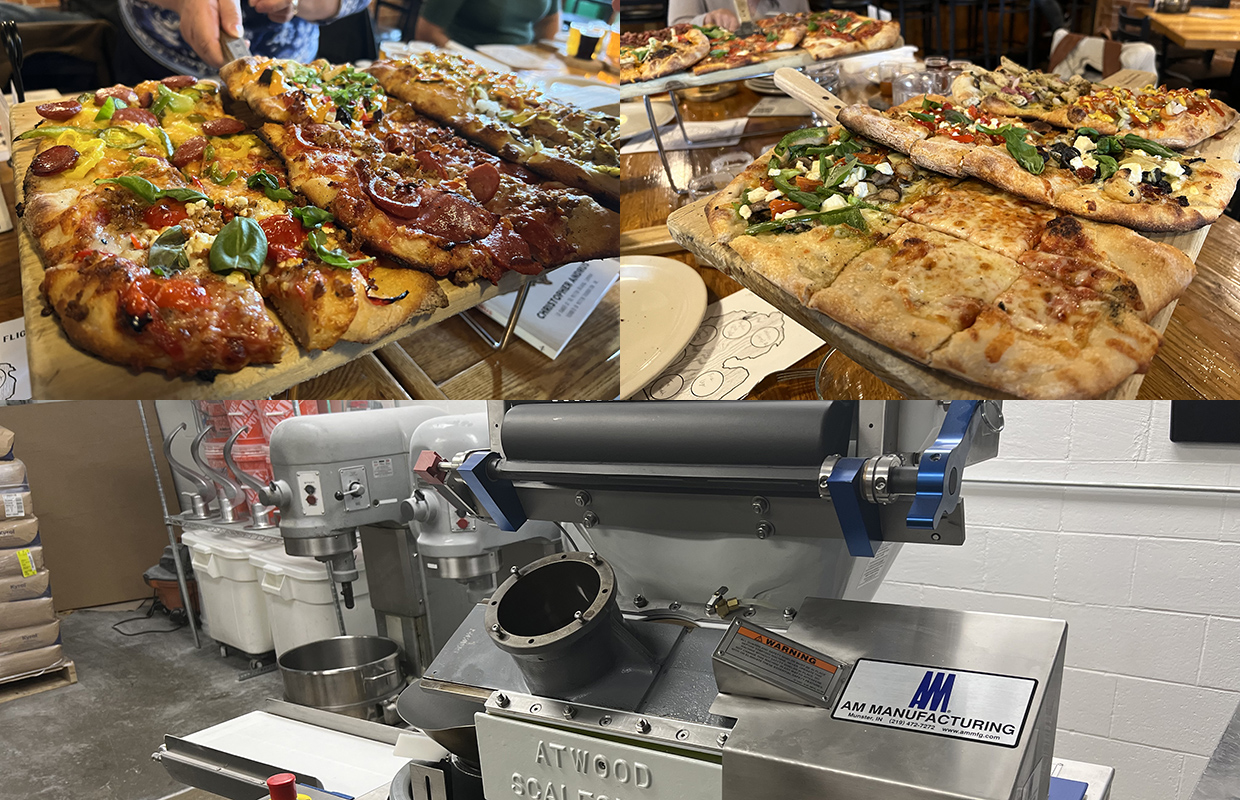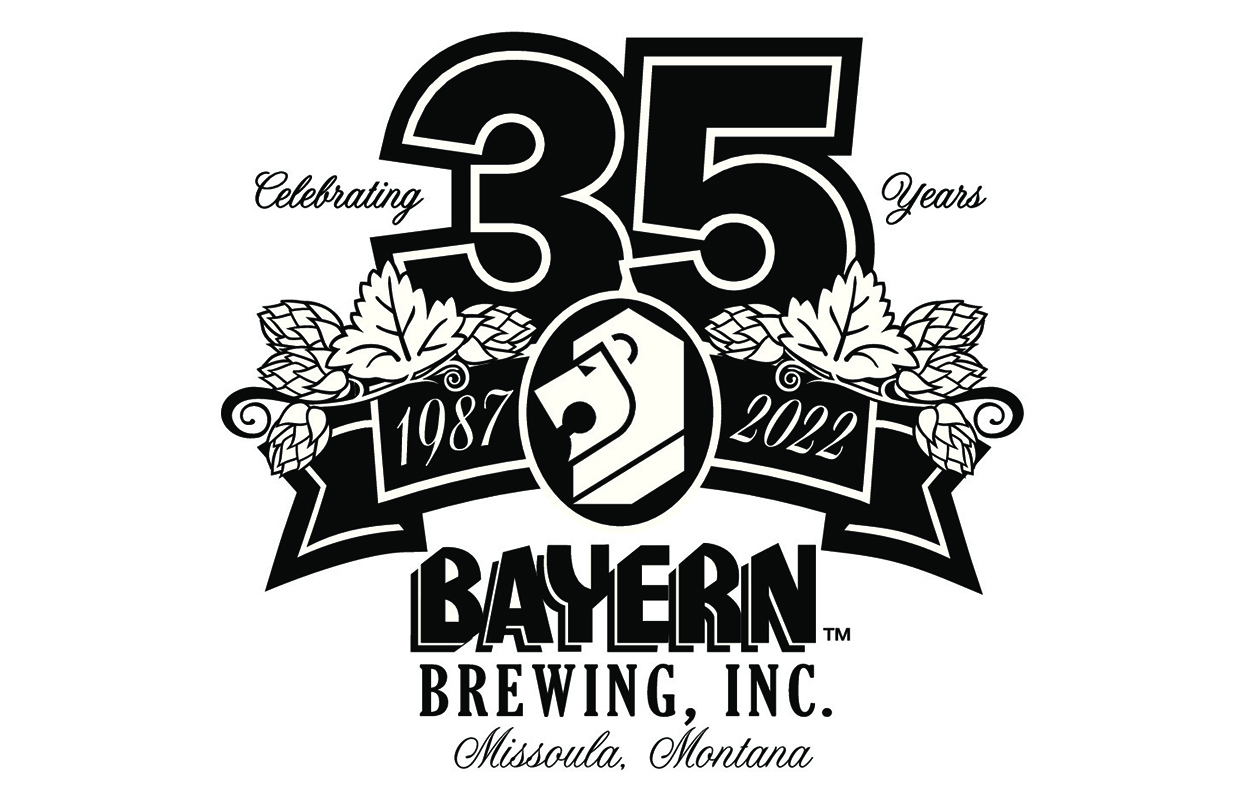
Cascade Brewing released its Nectarine Dream 2019 in bottles for the first time on July 10. The Sour Blonde Ale is aged in oak barrels and foudres for up to 19 months, naturally fermented with fresh Northwest-grown nectarines, then aged with the fruit for an additional five months.
The inspiration for the Ale was the stone fruit grown in the Pacific Northwest.
“For over a decade we’ve been making our apricot sour, then introduced our Kentucky Peach about five years ago,” said Kevin Martin, Director of Brewing Operations. “Making a nectarine sour was just a natural progression in our use of regionally grown stone fruit.”
He added that there are many factors that go into the selection process for any of the brewery’s Northwest Sour Ales. Nectarine Dream’s fruit was grown in Yakima Valley, and Martin noted that while the Valley is noted for its hops, the region also grows some of the best tree fruit, including peaches, apricots, apples, pears, and cherries.
On a macro level, Cascade’s team considers the best growing region and varietals for the fruit the brewery wants to use. This includes consulting with produce suppliers for advice on finding top quality growers and working with the growers themselves to understand seasonal variations as well as determining ideal picking dates for flavor development.
“We are looking for fruit with lots of concentrated flavor and aroma, low water content, high sugar levels, and stones that pull easily from the fruit,” Martin said. “These factors contribute the best flavor to the beer and are less time consuming to process by hand.”
On a micro level, there are more things to consider, including laying the fruit out on a ripening rack and only selecting by hand the nectarines that are at perfect ripeness (for Cascade, that means a few days overripe when the fruit softens and shrinks and the skin begins to pull away easily).
“We let underripe fruit continue to ripen for several more days and discard anything that’s not up to our quality standards, citing the common mantra, ‘when it doubt, leave it out!’” Martin said. “This philosophy is meant to capture a true expression of the fruit we’re working with and to regard the fruit, the growers and the beer with the respect each deserves.”




Be the first to comment